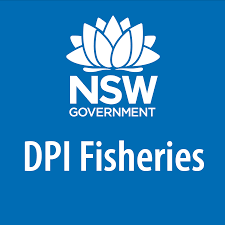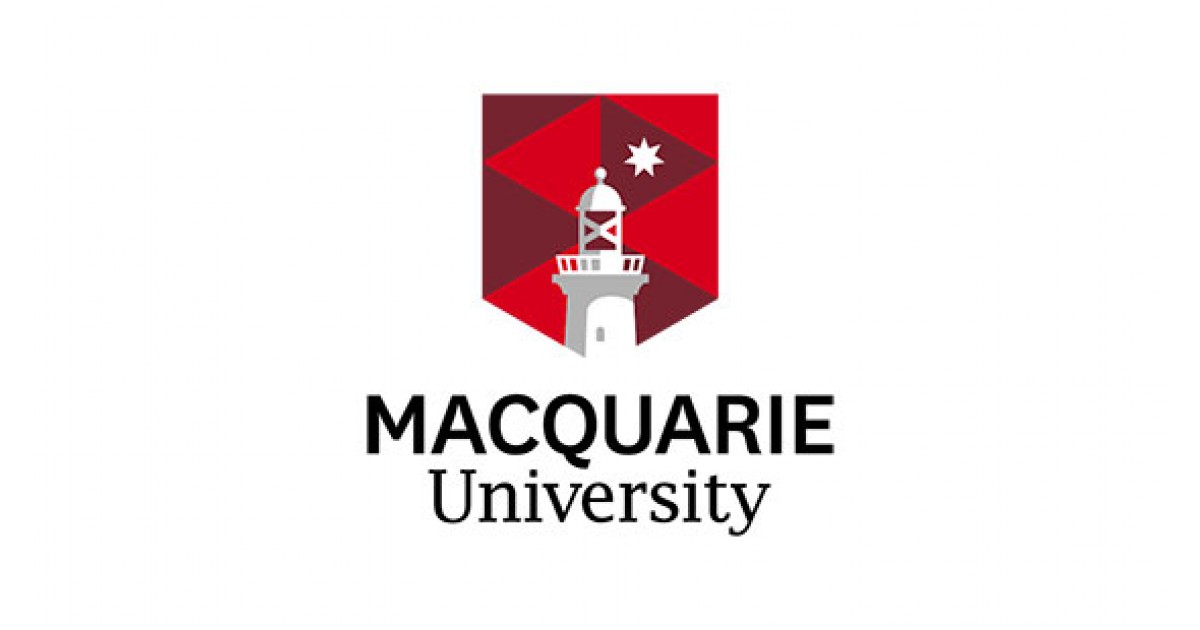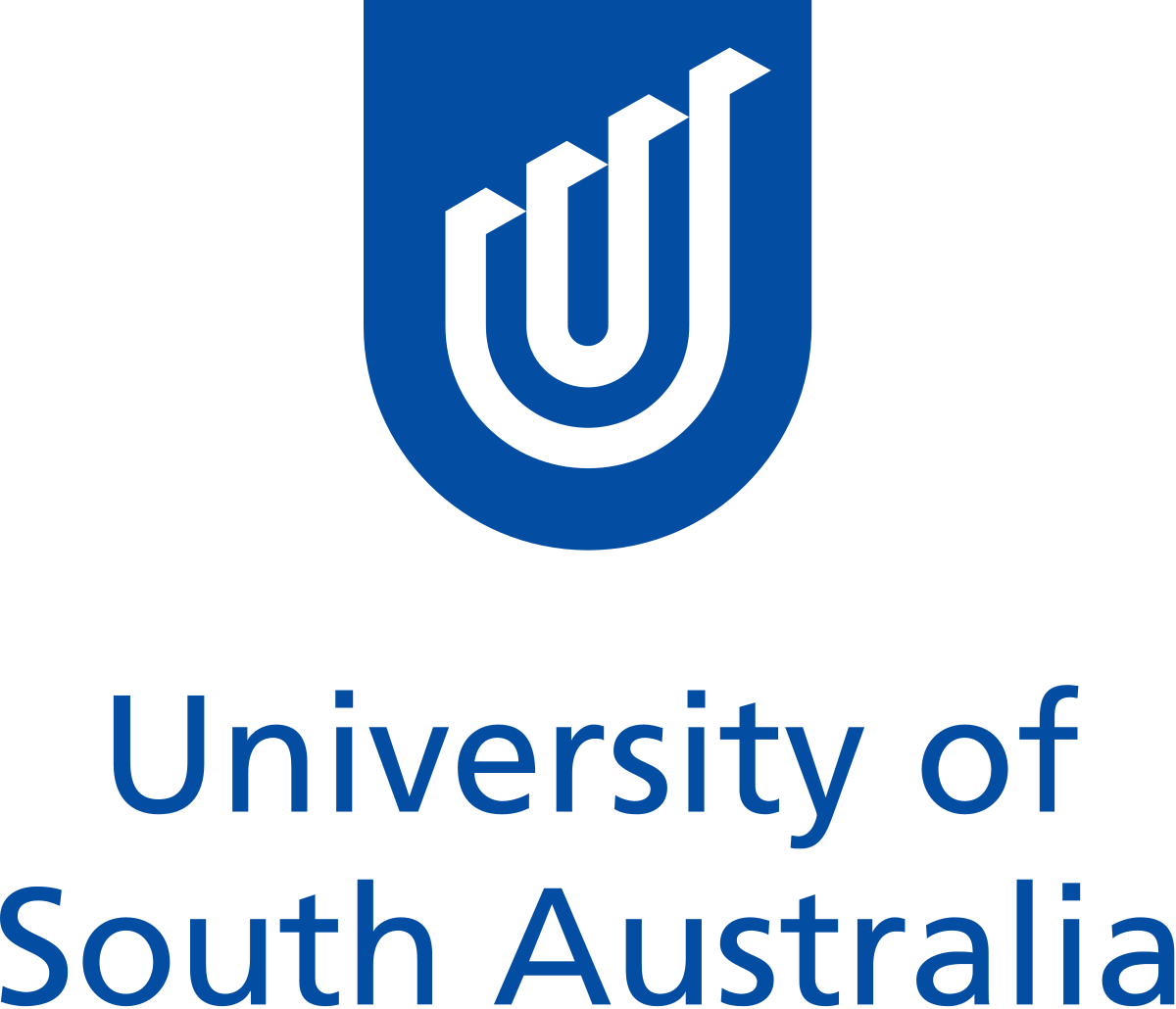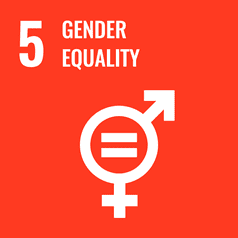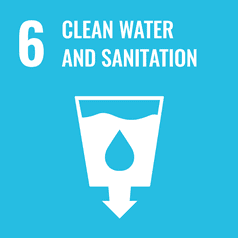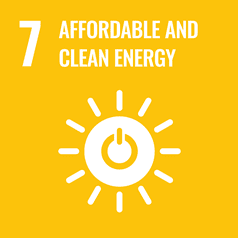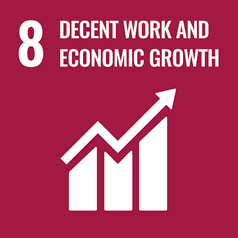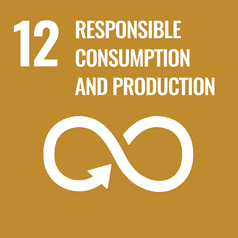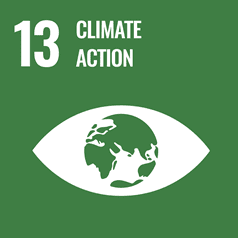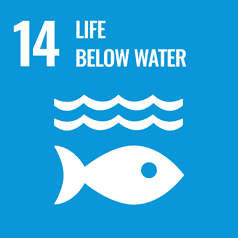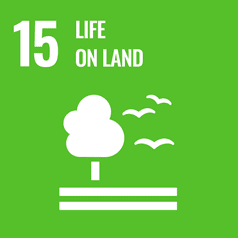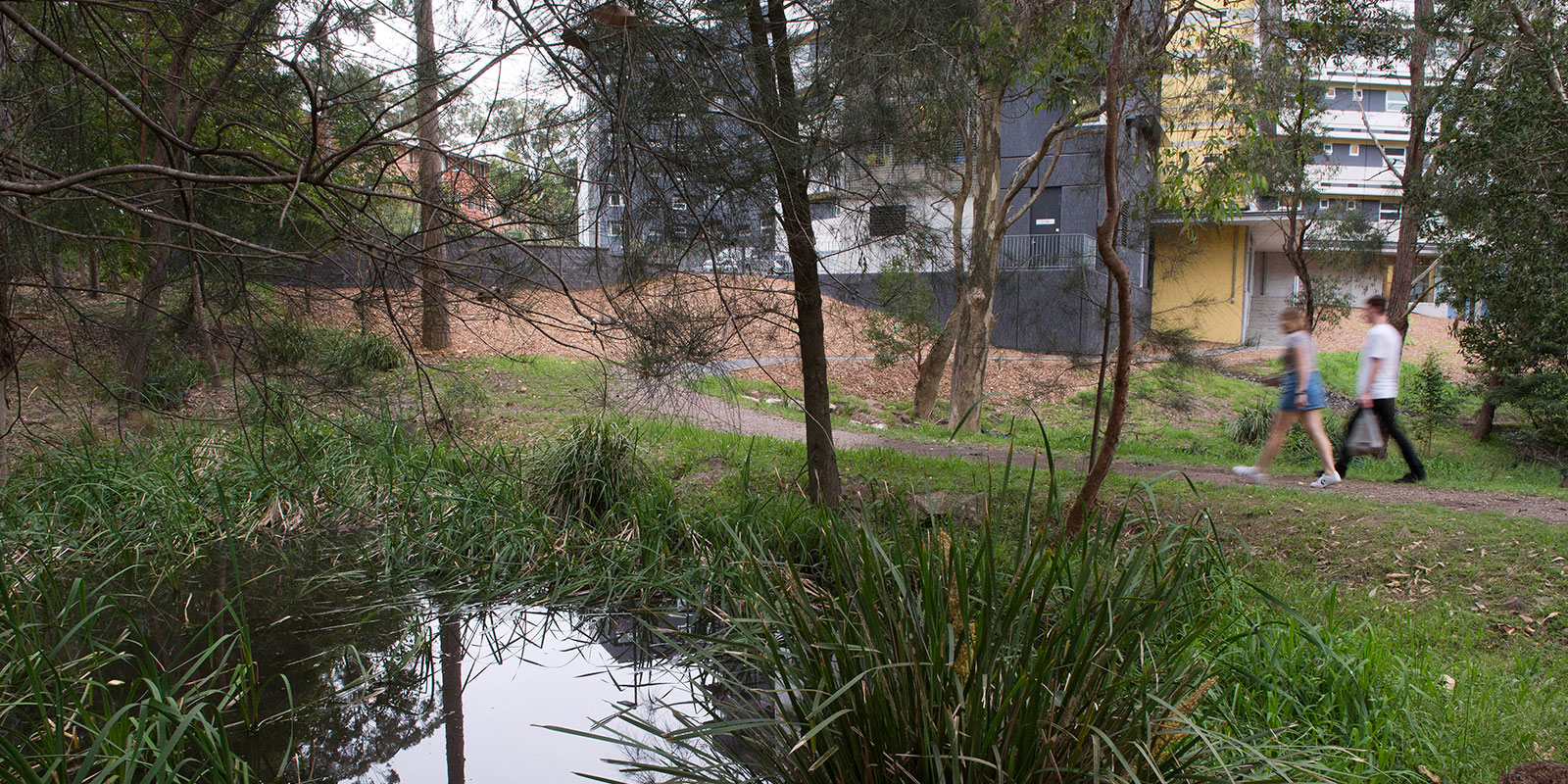

Goal 17:
Partnerships for the Goals
Collaboration for SDG Best Practices
The University of Newcastle proudly participates in international collaboration and research to review comparative approaches and develop global best practices for addressing the United Nations Sustainable Development Goals (SDGs). Through strategic partnerships, interdisciplinary research, and global networks, the University contributes to innovative, evidence-based solutions that are both locally relevant and globally impactful.
In 2024, one key example was the University’s membership in the UNITAR Global Water Academy, through which we collaborate with international experts in water research, resource management, and policy development. This ongoing partnership enables the University to compare diverse approaches to water sustainability and co-develop best practices that are inclusive, culturally responsive, and aligned with SDG 6 (Clean Water and Sanitation). These efforts include the integration of Indigenous knowledge systems, such as two-eyed seeing methodologies, to inform more holistic and adaptive water governance.
The Global Innovative Centre for Advanced Nanomaterials further exemplifies the University’s commitment to solving global challenges through international collaboration. By working with national and international academic and industry partners, the Centre develops cutting-edge technologies and solutions in areas such as advanced nanomaterials. These innovations contribute to global progress on multiple SDGs, particularly in health, clean energy, and sustainable industry.
The Environment Plastic and Innovation Cluster (EPIC), a partnership between the University and organisations including WWF Pacific, IUCN, USP, FIJI Water, and SPREP, conducts advanced research to inform science-based policy on plastic pollution. Through the UoN-SPREP collaboration, EPIC supports the development of practical, sustainable solutions for plastic waste prevention and management in the Pacific region—contributing to SDG 12 (Responsible Consumption and Production) and SDG 14 (Life Below Water).
The University is also a contributing partner in the Pacific Research and Innovation for Development Initiative (PRIDA), a regional platform that strengthens research and innovation systems across the Pacific. PRIDA facilitates collaborative research, data sharing, and capacity-building to support SDG-aligned development, particularly in areas such as climate resilience, education, and health.
In 2025, the University—through its Centre for Sustainable Development and in collaboration with the Centre for Hydrogen Innovations—hosted the Clean Energy Symposium: Accelerating the Transition to a Low Carbon Future. This event brought together global leaders in clean energy to share best practices, foster innovation, and accelerate action on SDG 7 (Affordable and Clean Energy) and SDG 13 (Climate Action).
The University also ran the ICEAN 2024 conference. Hosted by the University's Global Innovative Center for Advanced Nanomaterials (GICAN) and co-organised by IIT-Bombay and Pusan National University, the conference provided an opportunity to share knowledge and create a collaborative platform where the top research experts from all over the world worked together on key and challenging research areas, including advanced nano and biomaterials.
We maintain regular engagement with the global CIFAL network, collaborating with other centres to exchange knowledge, share successful models, and adapt SDG strategies to diverse cultural and environmental contexts.
These initiatives reflect our deep commitment to international collaboration, comparative learning, and the co-creation of best practices that advance sustainable development worldwide.
National collaborators
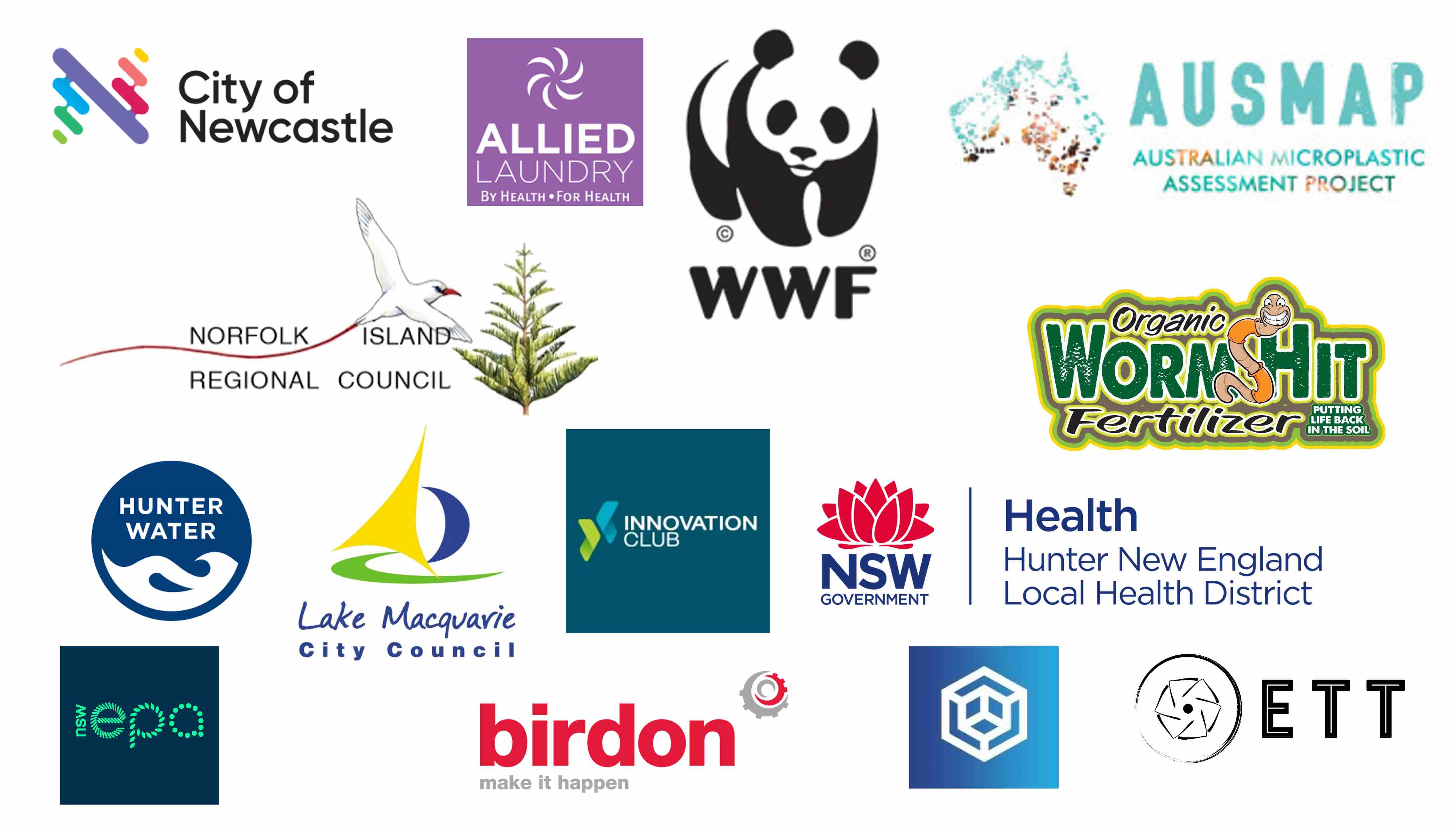
Engagement themes (Pacific)
Our partnership with the Pacific region includes engagement of three main areas.
Core functions
- Research excellence to fill knowledge and gaps aligned to regional and national priorities and community need.
- Innovation to drive solutions.
- Knowledge brokerage aimed at facilitating multiple engagement pathways for government, industry, and community end-users to access the latest science. This includes capacity development training programs, culturally appropriate knowledge translation, traditional and non-traditional research output. Here, we strive to co-develop initiatives withIndigenous actors and draw from indigenous knowledge traditions to improve tools and governance in the region.
- Economic growth to grow career pathways for Pacific and Australian students and jobs in region.
Strategic partners
- Secretariat of the Regional Environment Programme (SPREP)
- Cook Islands National Environment Service
- Samoa’s Ministry of Education, Sports and Culture Samoa
- Samoa’s Ministry of Natural Resources and Environment
- Scientific Research Organisation of Samoa
- Department of Health, Papua New Guinea
- University of French Polynesia (UPF)
Global Experience and Exchange
New Colombo Plan Scholarship Program
New Colombo Plan (NCP) Scholarships are open to eligible Australian undergraduates currently studying at Australian universities.
Read more
Australia Awards Fellowships
Australia Awards Fellowships aim to build networks of influence and leadership by strengthening partnerships between Australian organisations and partner organisations in the region.
Read more
News and events
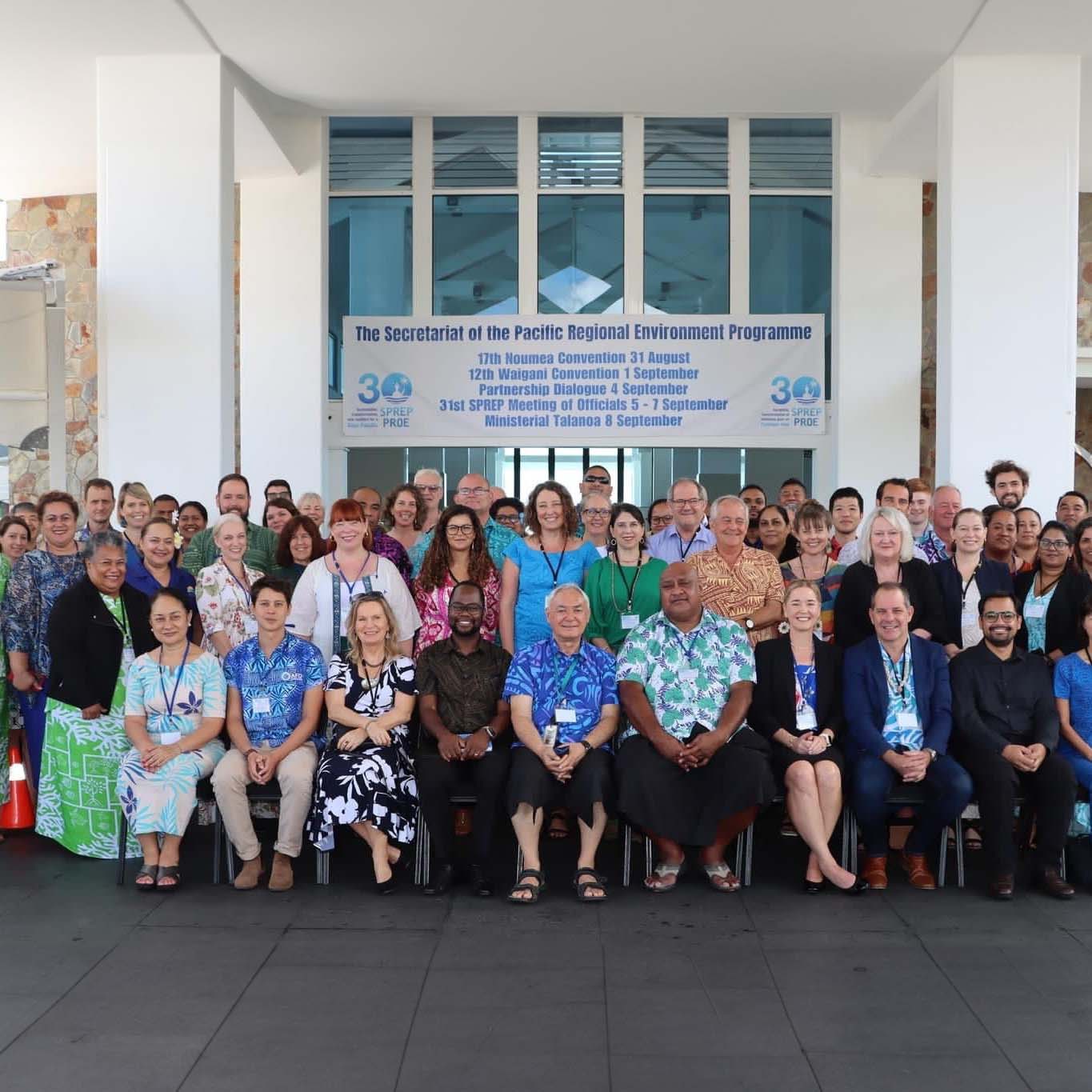
Strengthening Partnerships for Resilience in the Pacific Islands Region
Read more
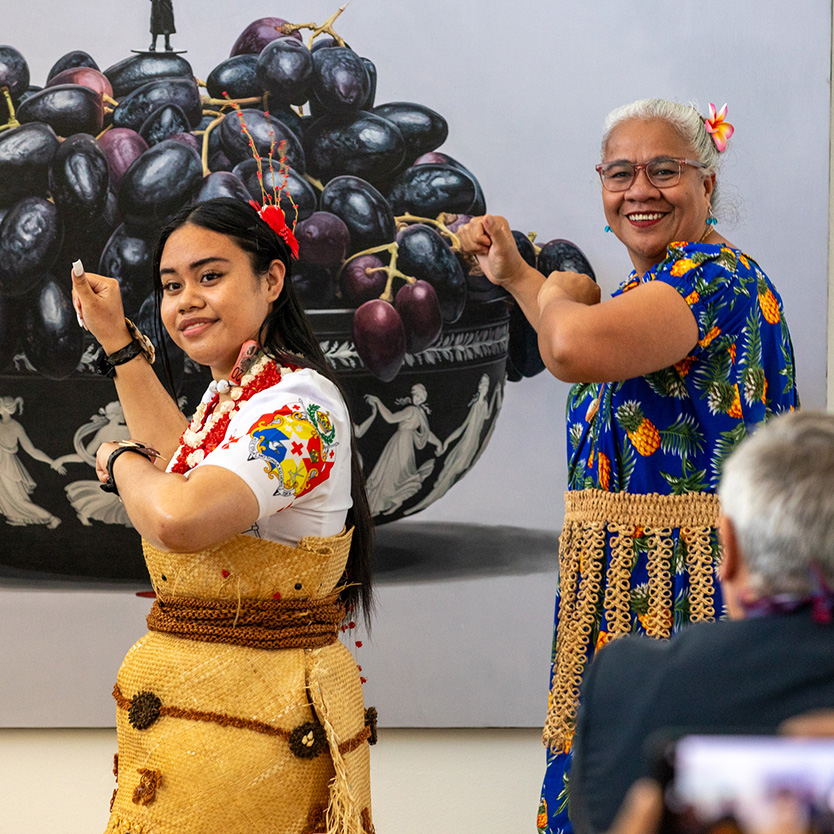
Wantok Pasifika: Celebrating real impact in our region
Read more
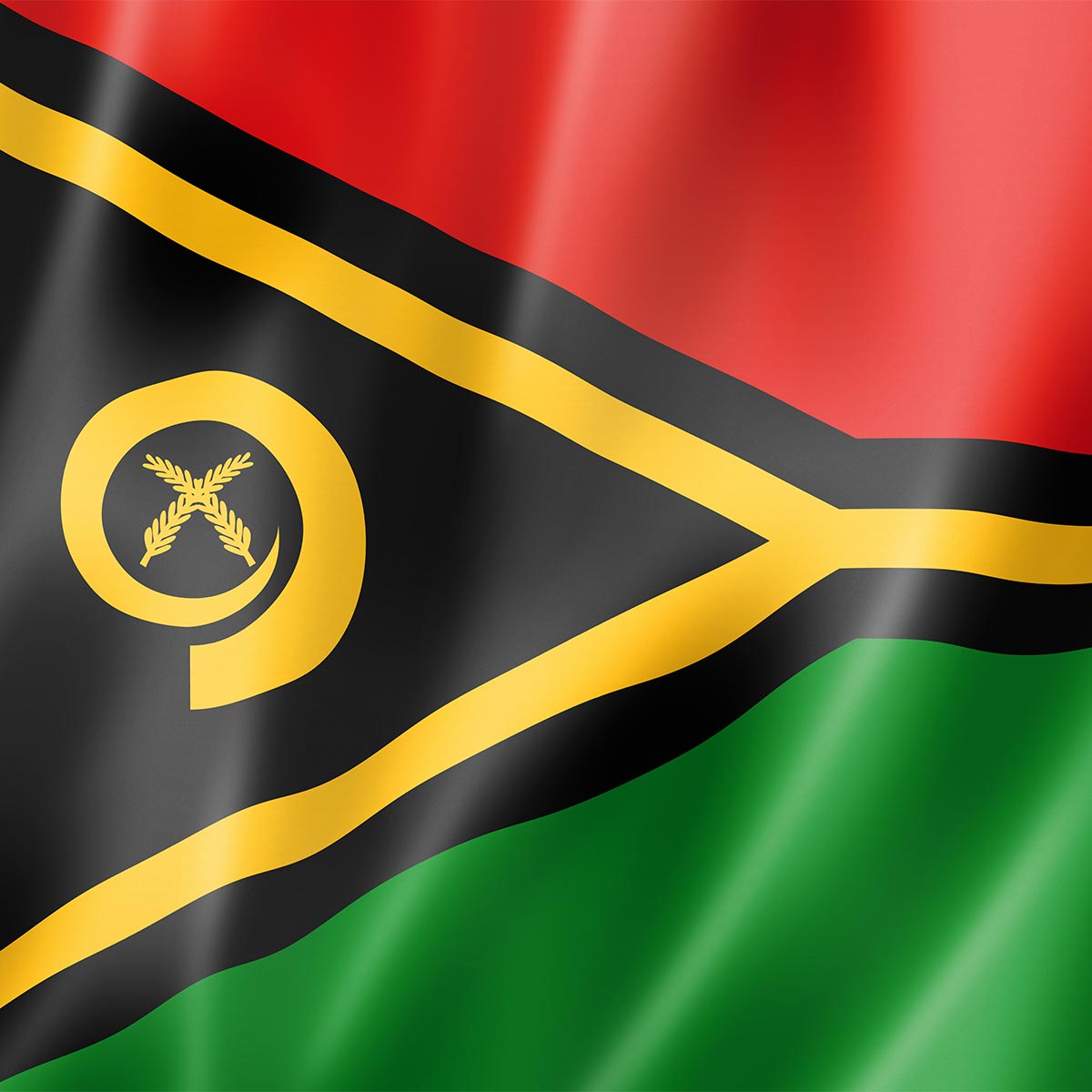
Women in Leadership: Developing capacity within disability inclusive education in Vanuatu
Read more
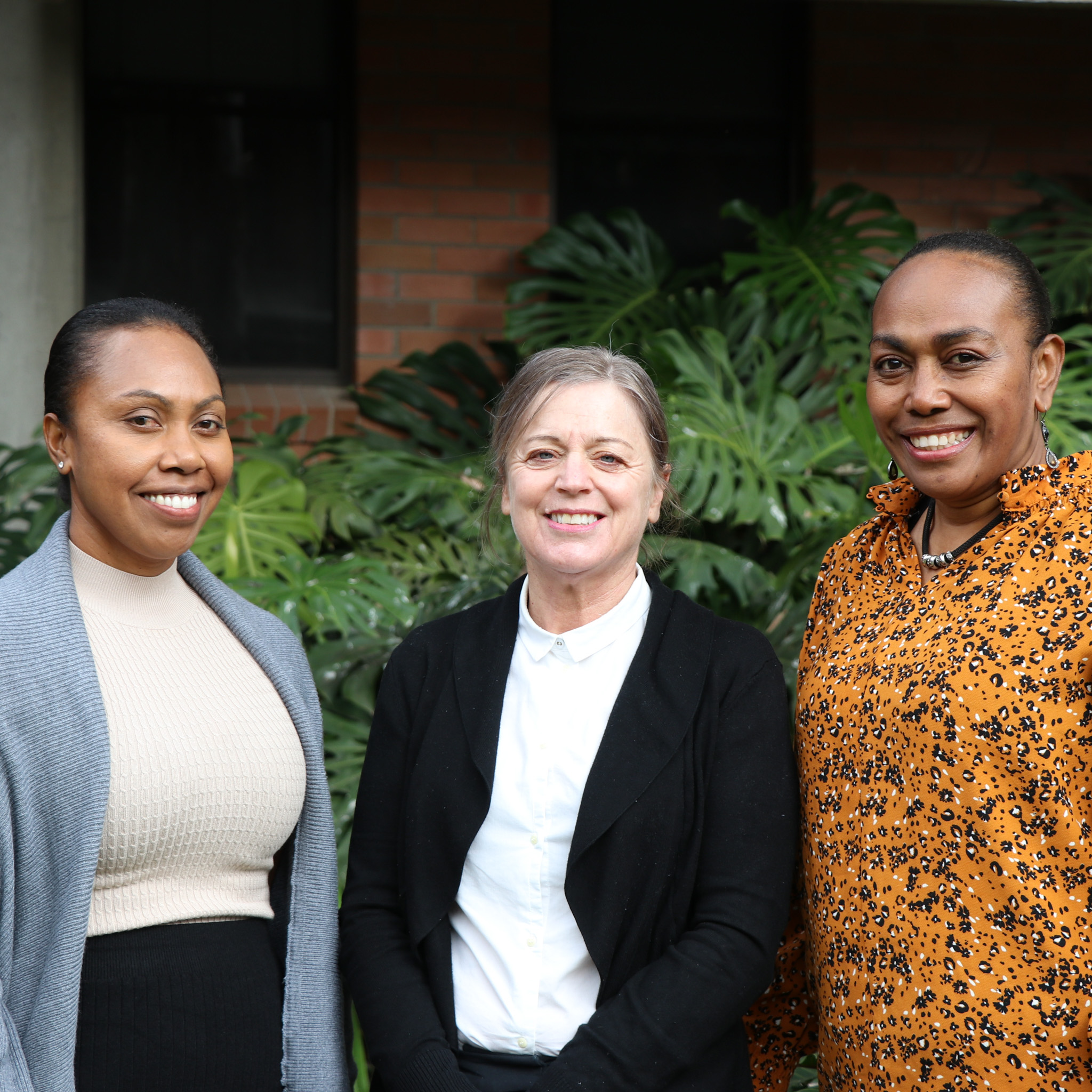
University of Newcastle successful recipients of four prestigious Australia Awards Fellowships
Read more
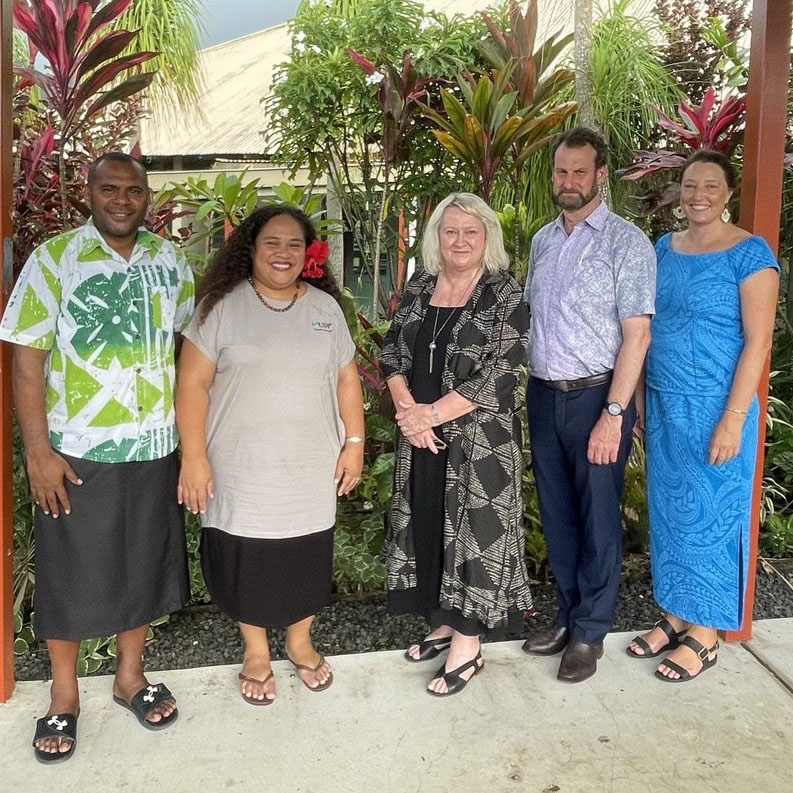
University representatives visit Samoa to strengthen collaboration with Pacific partners
Read more
Sustainable Development Goals
The 2030 Agenda for Sustainable Development provides a shared blueprint for peace and prosperity for people and the planet, now and into the future. At its heart are the 17 SDGs. These goals are an urgent call for call for action by all countries in a global partnership.
Our Pacific Strategy is supporting the Pacific region to meet the following SDGs, and in doing so, is strengthening our impact in these areas.

The University of Newcastle acknowledges the traditional custodians of the lands within our footprint areas: Awabakal, Darkinjung, Biripai, Worimi, Wonnarua, and Eora Nations. We also pay respect to the wisdom of our Elders past and present.
